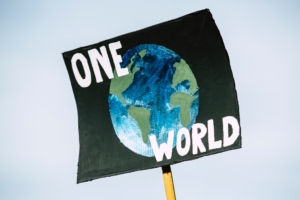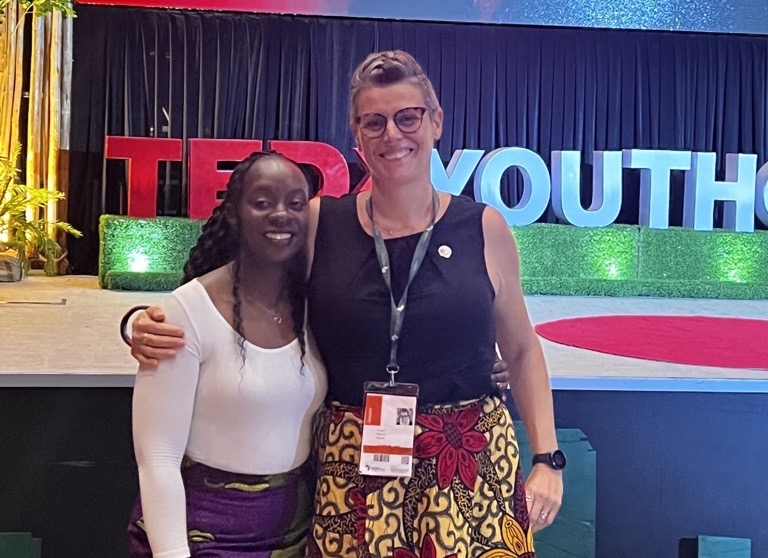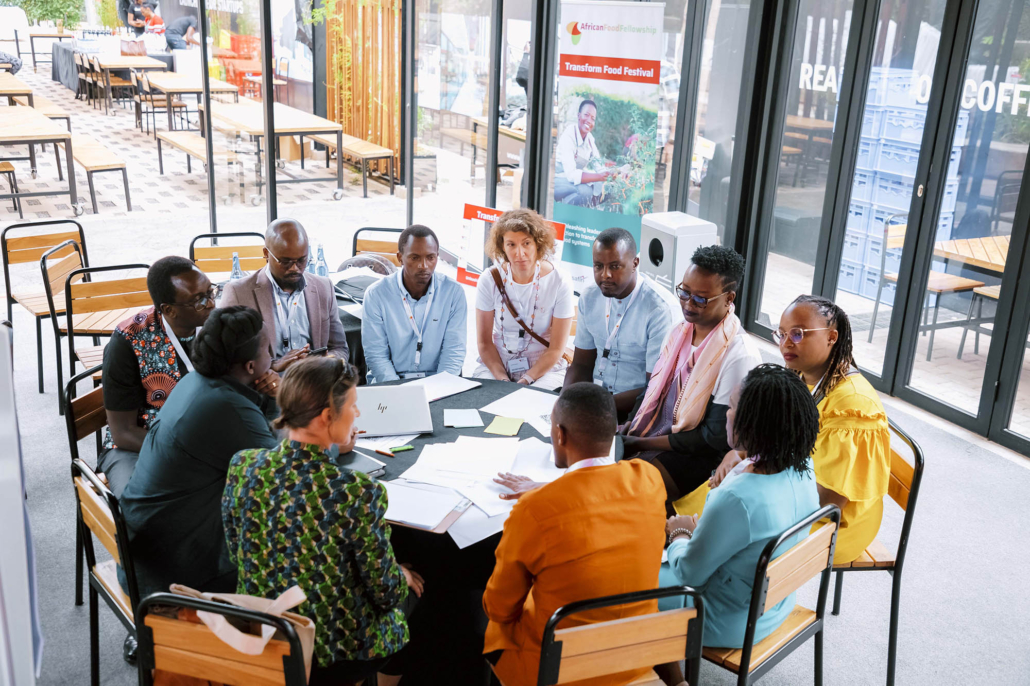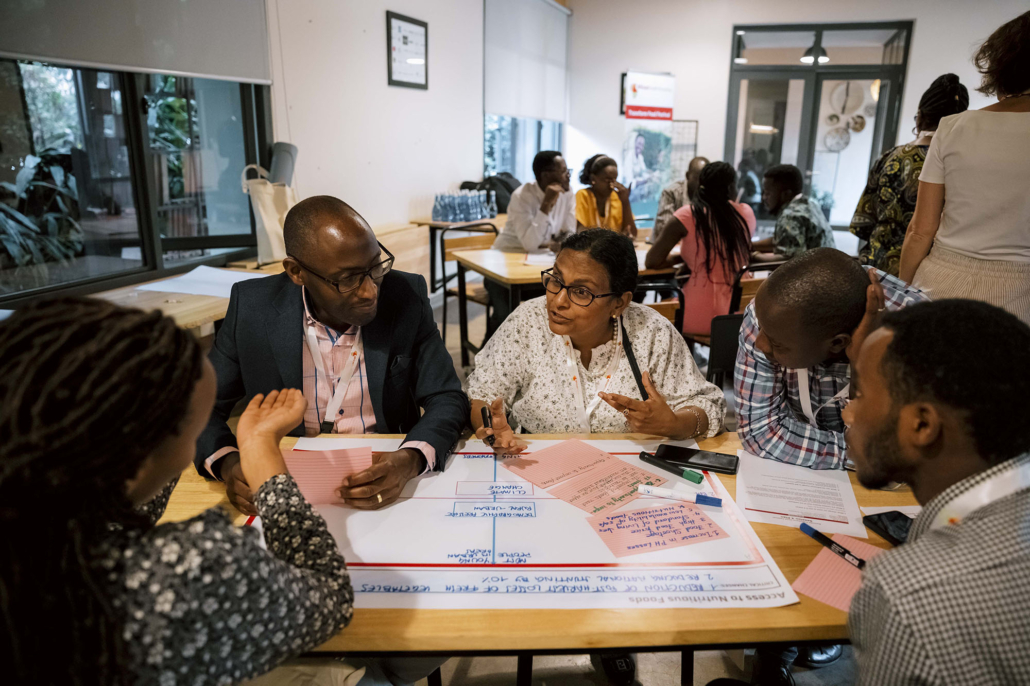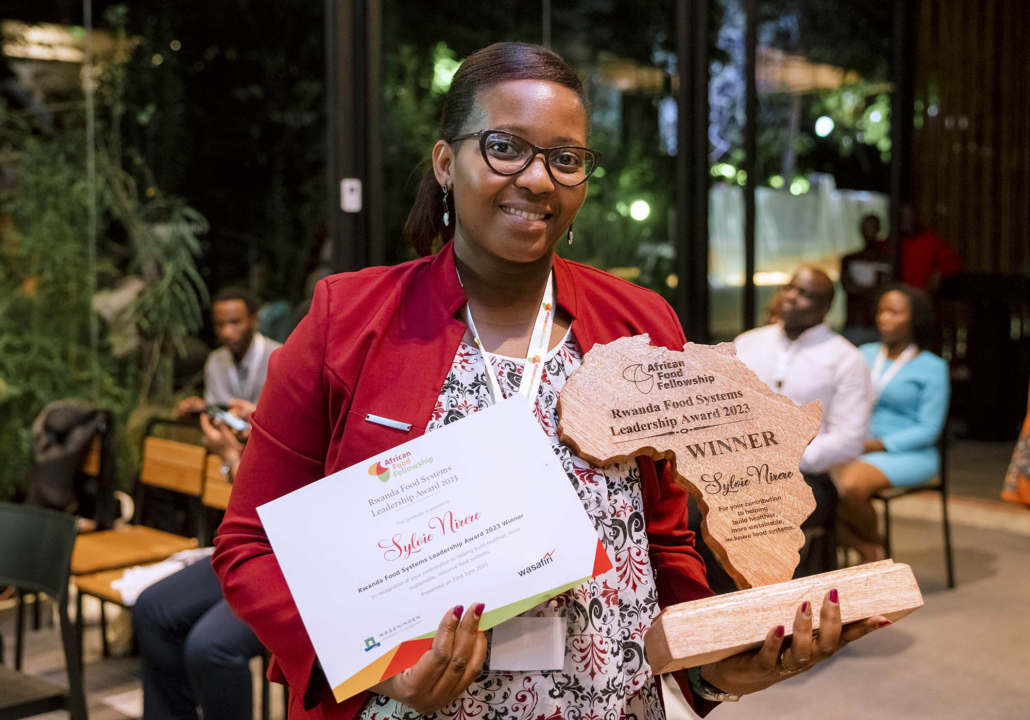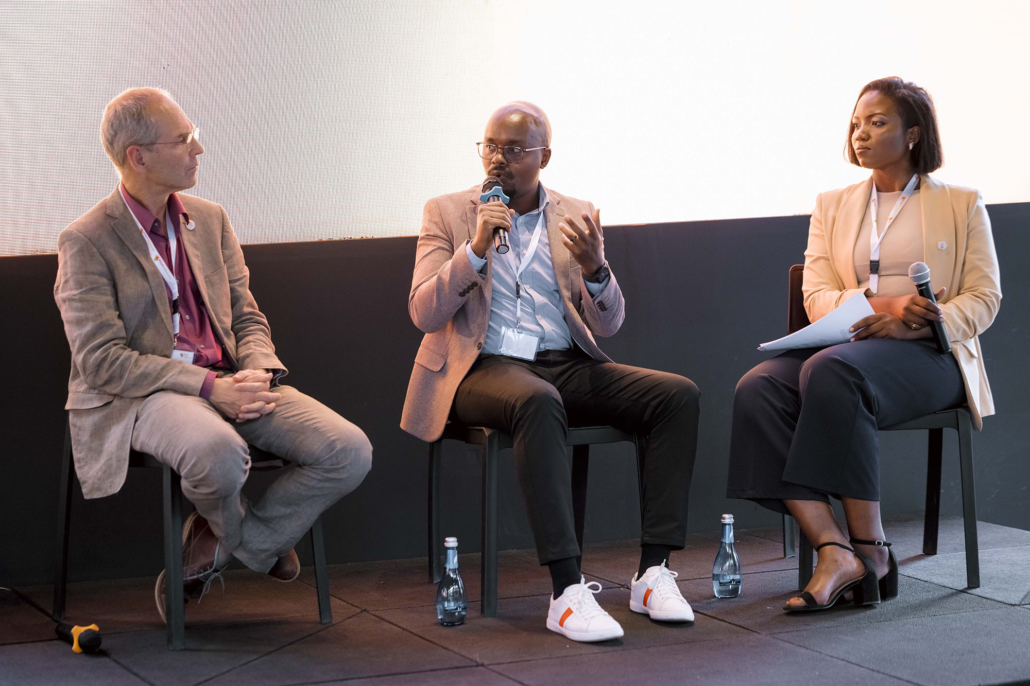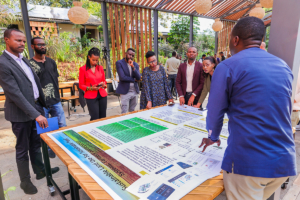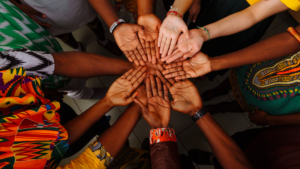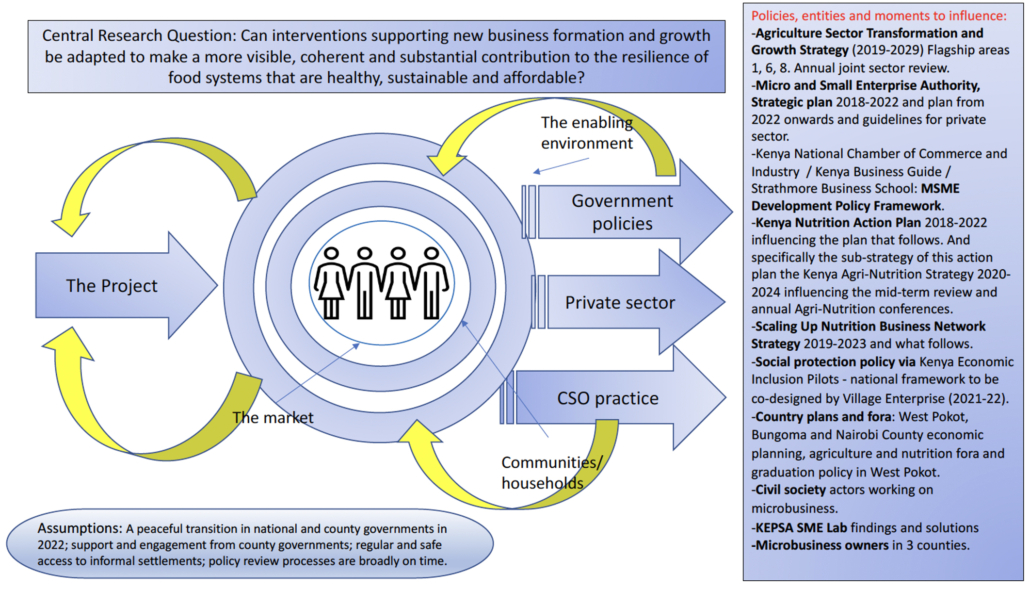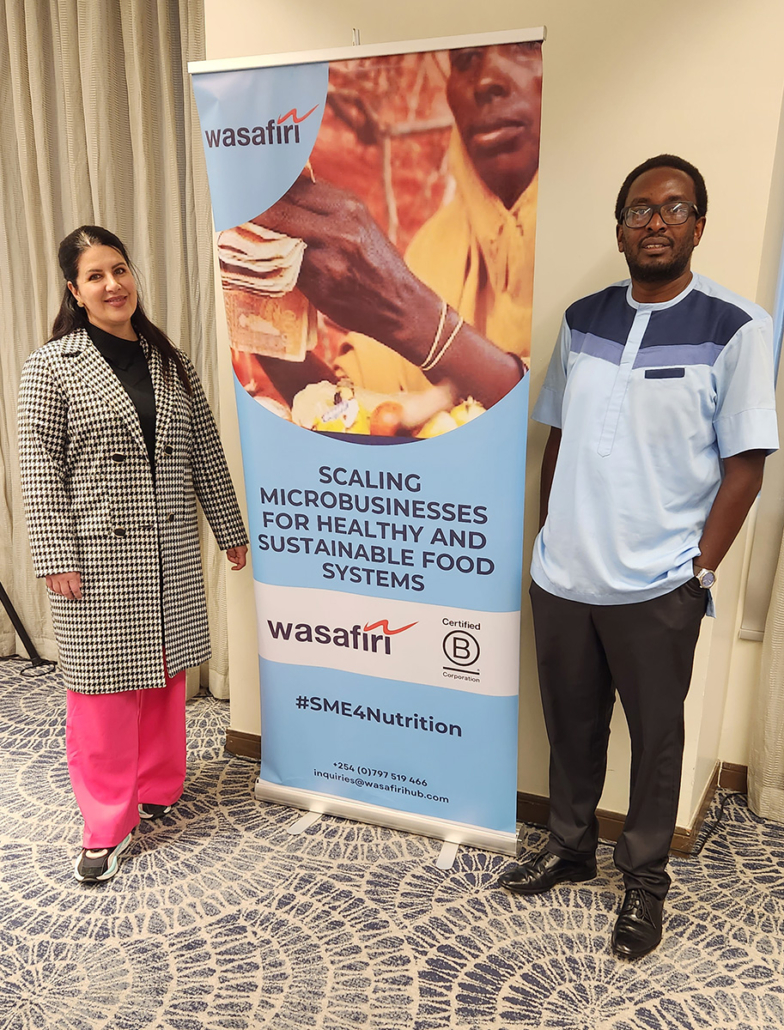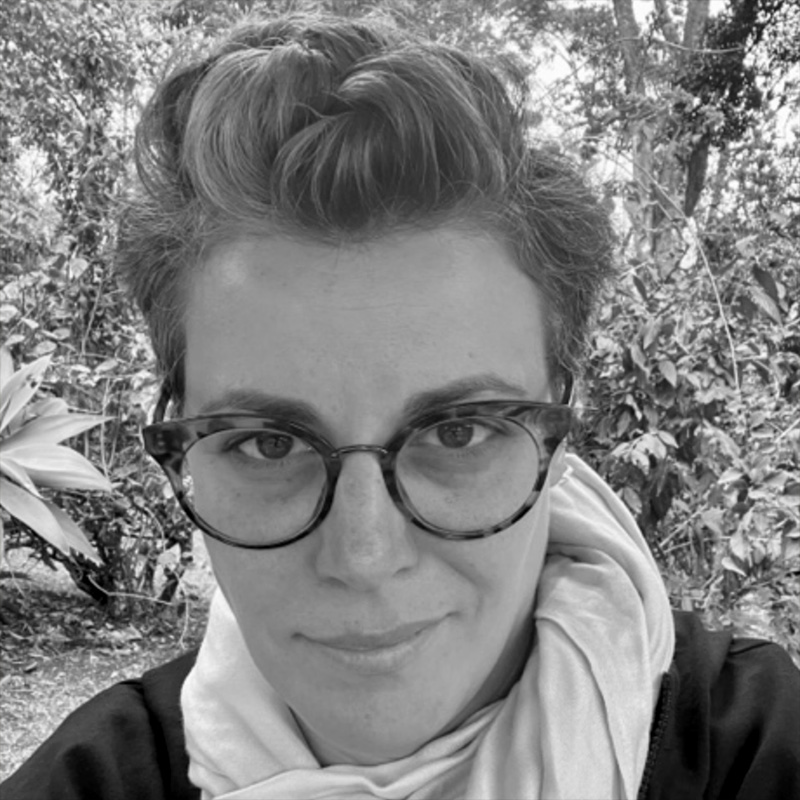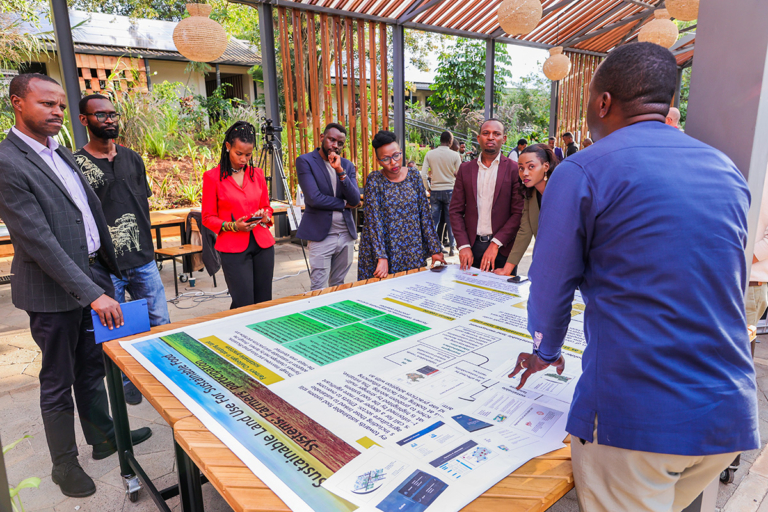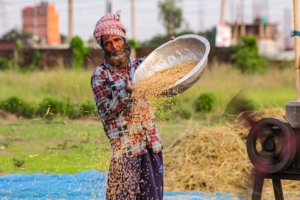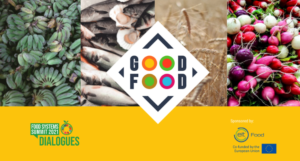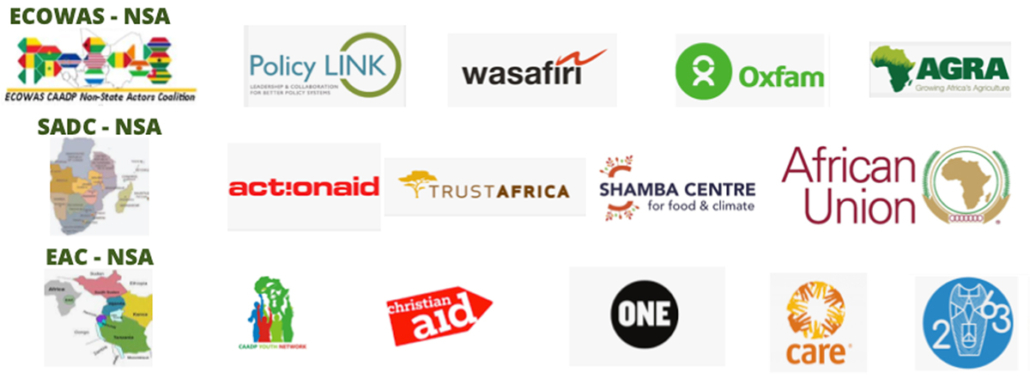Rethinking our leadership approach to tackle complex food systems issues

Latest posts
Share:
In 2017, millions of farmers in East Africa faced a devastating drought and a new threat; the fall armyworm. The pest devastated maize and wheat producing regions in South and Central Rift Valley regions of Kenya.
The pest spread rapidly, it was unresponsive to traditional pesticides and worst of all, had devastating effects on farmers’ crops. Extension service providers were deployed, intervention strategies by governments were formulated but still, the problem prevailed.
To begin addressing the challenges we face in our food systems we must first acknowledge that we are tackling a complex problem. Complex problems have no single owner, no single root cause, they are dynamic, constantly adapting, and the system is in fact working for some people, somewhere, some of the time.
Transformational change is required to tackle the challenges we face in addressing the complexities our food systems. This entails various shifts across multiple components, leading to changes in the system.
Transformational change requires systems thinking and systems leadership. Systems leadership and thinking will allow our food systems leaders to acknowledge the interconnectivity and the relationships between different actors and the need for collective action.
Take for example the paradox of Climate and Nutrition and the unintended consequences on women. Empowering women to employ climate smart practices at farm level would have a positive effect on the environment and contribute to climate change mitigation.
The unintended consequence would subsequently be the increase in women’s labour and workload needed to adopt climate smart practices which takes away from their child caring capacities affecting their children’s nutrition. To address such a paradox, a systems thinking approach is required.
There is a great need for leaders in the food systems space to think and act systemically. Food systems leaders can apply a systemic approach to solving problems by applying Systemcraft. This framework applies five dimensions for action which work on underlying system conditions.
Applying the five dimensions of Systemcraft
- The first is to Organise for Collaboration since no single person or institution can make change alone. A great example of this is the African Food Fellowship which is a community and a network of practitioners, policymakers, researchers, and influencers across the food system in Kenya and Rwanda working jointly across different capacities such as aquaculture, sustainable land use, and agri-finance to transform food systems.
- Second is to Set the Direction. Transforming food systems needs big ambitions to mobilise resources. An example of this is Rwanda’s ‘First 1,000 Days’ health campaign of 2017 which aimed to eradicate child malnutrition. The ambition was big enough to rally support towards developing strategies to attain the end goal.
- Third is to Make it Matter. Change can be hard and so the issue must matter to those that need to do the changing. Due to the great significance of livestock (both socially and economically) to several communities in Africa, we have seen governments actively invest in developing the Livestock Development Strategy for Africa to increase the sustainability and resilience of the sector.
- Number four is to Change the Incentives. As individuals, we all make decisions that make sense to us – whether it is what food to eat or what job we do. For example, in Malawi, the 2006 Farmer Input Subsidy Program aimed to incentivise resource-poor smallholder farmers to reinvest in maize production by accessing improved agricultural farm inputs against a background of bad weather causing poor yields. This attracted farmers back into maize production.
- Lastly is to Harness Collective Intelligence. A system best serves those with the most information. Asymmetries of power in how information flows create a broken system. The 2021, Lead Mothers program in Uganda is a great example of this. Due to the lack of nutrition information on maternal health, a group of women called lead mothers were trained on good agronomic practices, and nutritional benefits of consuming biofortified crops and they became community-based information hubs which in turn holistically increased the community’s understanding of the importance of nutrition.
These dimensions of action can be applied in any order by any food system leader. When it comes to systems, changing what is right, and what is possible, are not the same thing.
It is not enough to simply understand the problems we are facing in our food systems and have some great ideas to shift them. We also must understand the wider context in which we are trying to create change and prompt our leaders to think and act systematically.
This was first presented by Brenda Mareri at TedX AGRF 2023, Dar es Salaam, Tanzania.






